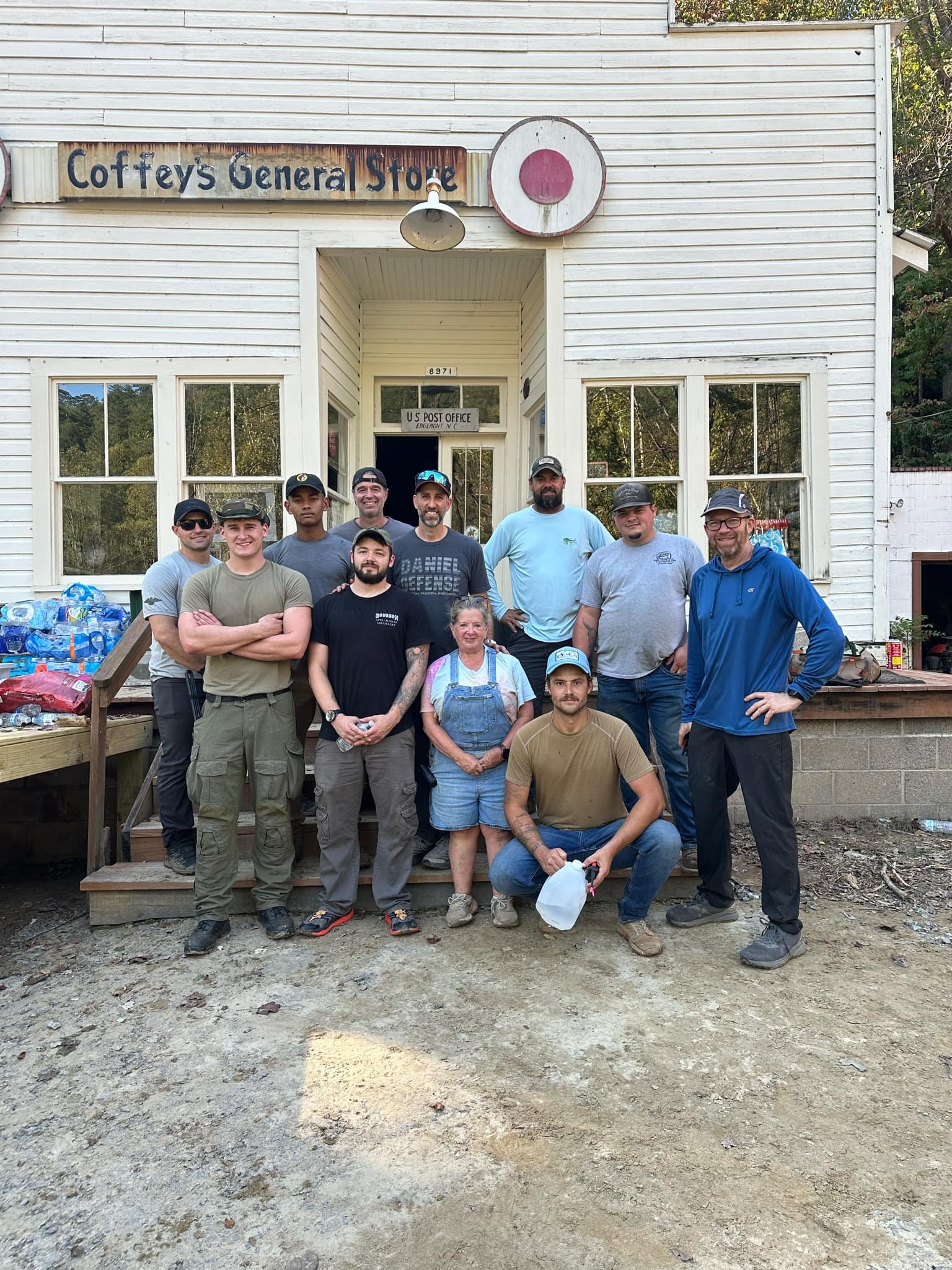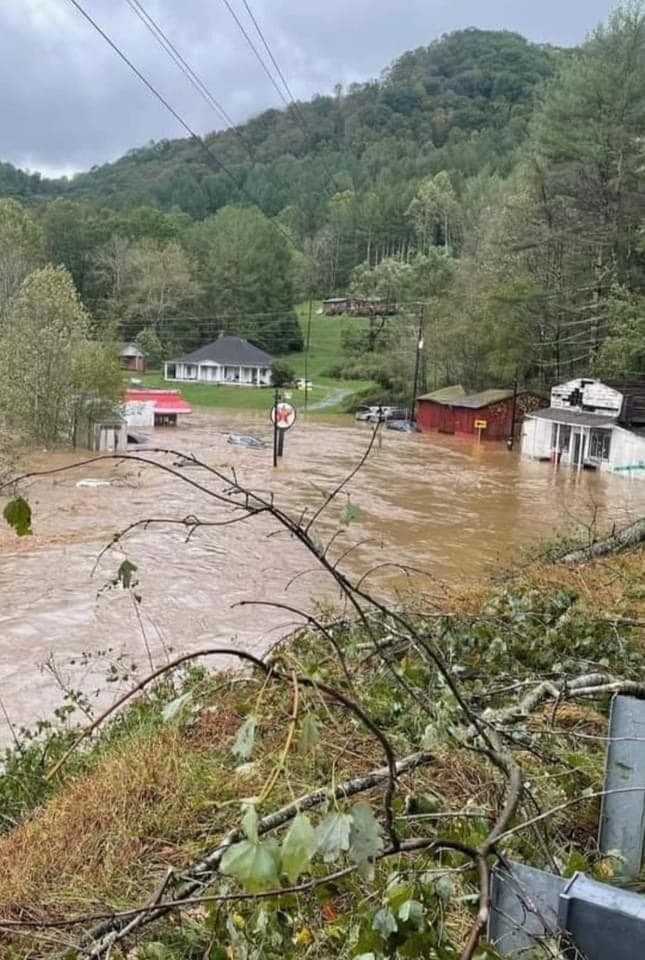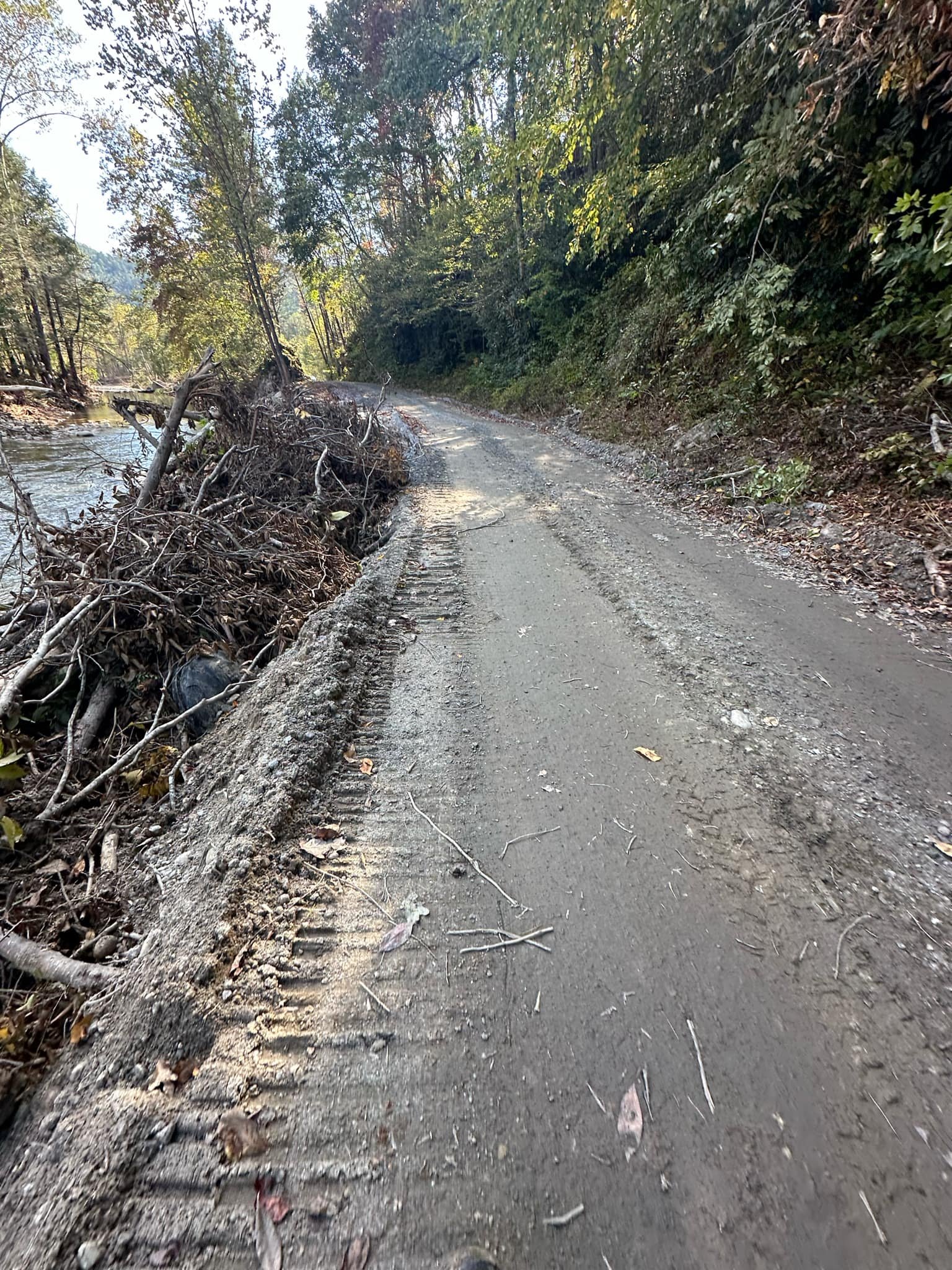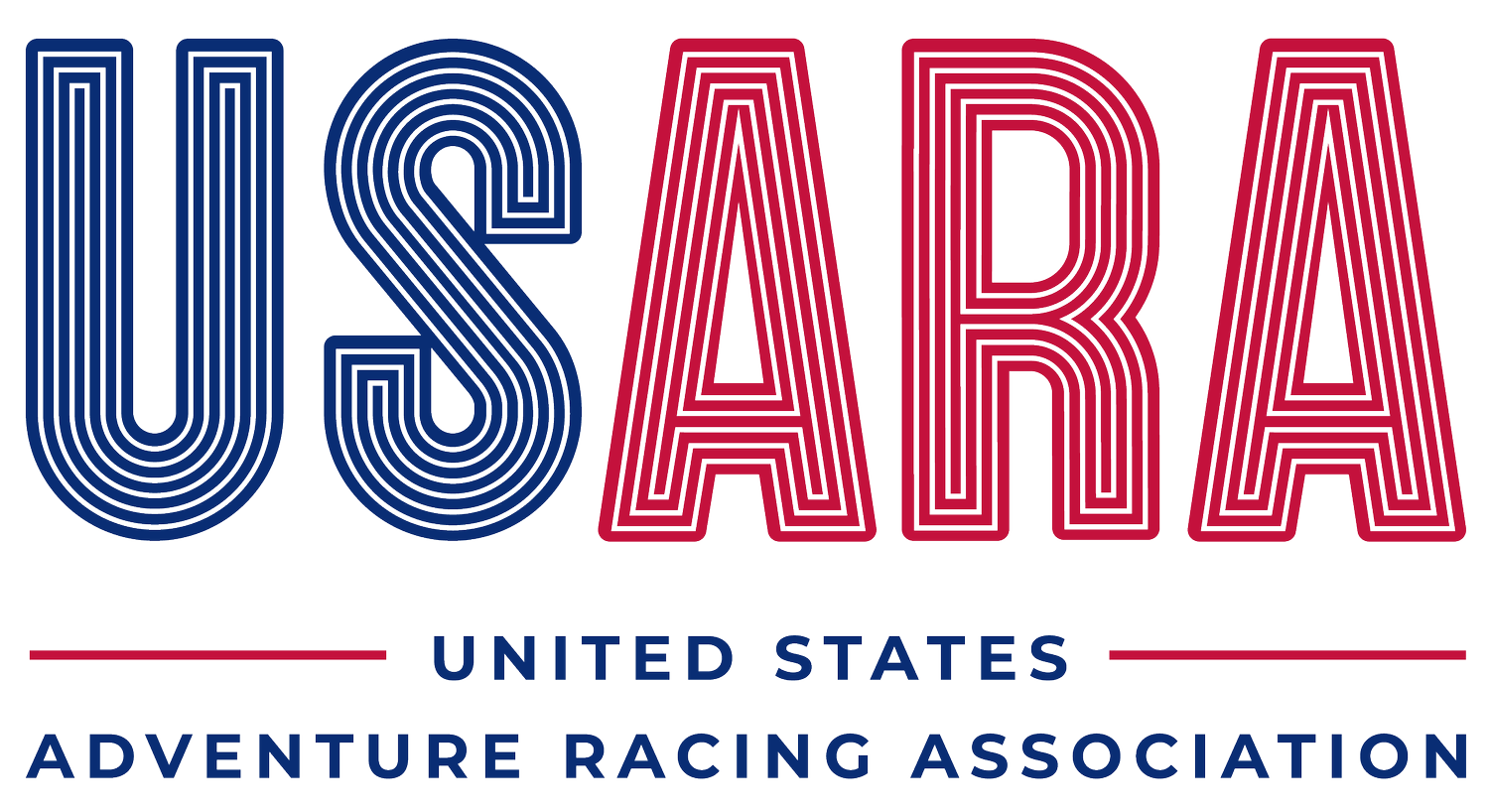Adventure Racer Provides Hurricane Relief





Much like the bat signal, adventure racer Chip Dodd received a call from a friend after Hurricane Helene ripped through North Carolina in September of 2024.
“They need you in North Carolina” was the text from a friend.
“And I was like, okay, can you tell me more?” recalls Dodd.
“They're looking for navigators or something to help with disaster relief.”
The “they” was Dalton Mann, a surfer based out of North Carolina, and a ragtag group of friends, acquaintances, and social media crowdsourced respondents who had the necessary skills and wherewithal to help fellow Americans in need.
“I'm kind of embarrassed I hadn't thought of this before,” says Dodd. “It's like adventure racers responding to natural disasters. I mean, we're perfect.”
So Chip, who races with Team ThisABILITY and was fresh off racing in the 2024 USARA National Championship in West Virginia that saw rain from the hurricane, loaded up his van with AR gear and chainsaws and headed to Lansing, NC to lend a hand.
In the area that Dodd was volunteering, the destruction was step below that seen in the worst hit areas in North Carolina. For example, where areas near Asheville may have had both lanes of a road completely washed out, Lansing would have one lane gone. Still there were houses that got completely washed away.
“You would see a concrete pad,” says Dodd. “And then the house is way down the river, smashed up against some trees.”
By the time that Dodd and his ragtag rescue crew arrived, most the main roads had been cleared of debris, often by locals.
“It's Appalachia. So, everybody's got a four-wheeler and a chainsaw. This is not downtown Asheville where you worry about looting …
“Where we were, it was like, these are good, wholesome backcountry people. Everybody has a chainsaw. So, I think what happened, what appeared to me is by the time we got there, all the bumpkins with their chainsaws went out there to clear the roads.”
The government infrastructure was overwhelmed and over-matched, observed Dodd.
“They seemed completely unprepared for this. It was like, yes, a house gets on fire. They're probably fine. Somebody broke a leg. They can get them rescued,” he said.
“But when it comes down to identifying the needs in the county and deploying assets, whether it be volunteers like me or police or whatever, matching up needs and leads, they didn't have any apparatus, just clueless.”
The team would crowdsource individual leads to do a wellness check on someone living up a hill in a holler, clear driveways and smaller side roads of debris, or drive from small town to small town to see if the local firehouses needed any supplies.
“Everybody was super appreciative. We were carrying around loads of water and supplies everywhere we went. If you needed laundry detergent or shampoo or dog food, we had a truckload of [stuff].”
Dodd became the navigator of the convoy.
“I had my color printer that I was using for creating virtual races. I'd print out maps and download Gaia on my cell phone because you can do offline maps. And I'm telling them where to turn and how to go. So, I'm following the map doing a compass as a navigator and they're driving.”
He was inspired to go to North Carolina to assist by the shear need of the situation.
“I think one [reason I went] was it was so dire. It's nearby. It's Appalachia, so it's kind of like my people,” says Dodd.
“The need is what really did it. When I saw Dalton's post, it wasn't just like we need people to hand out food. It was like we need people that can lug in heavy loads of water up hills and terrain that's impassable by vehicles to save elderly people. We need people that do map and compass navigation and who are self-sufficient. So it's kind of like, oh, somebody actually needs me. They don't just need a body. They need me with my specific skill set. And it sounded urgent. And so I think that was what was maybe attractive, is the adventure aspect of it.”
